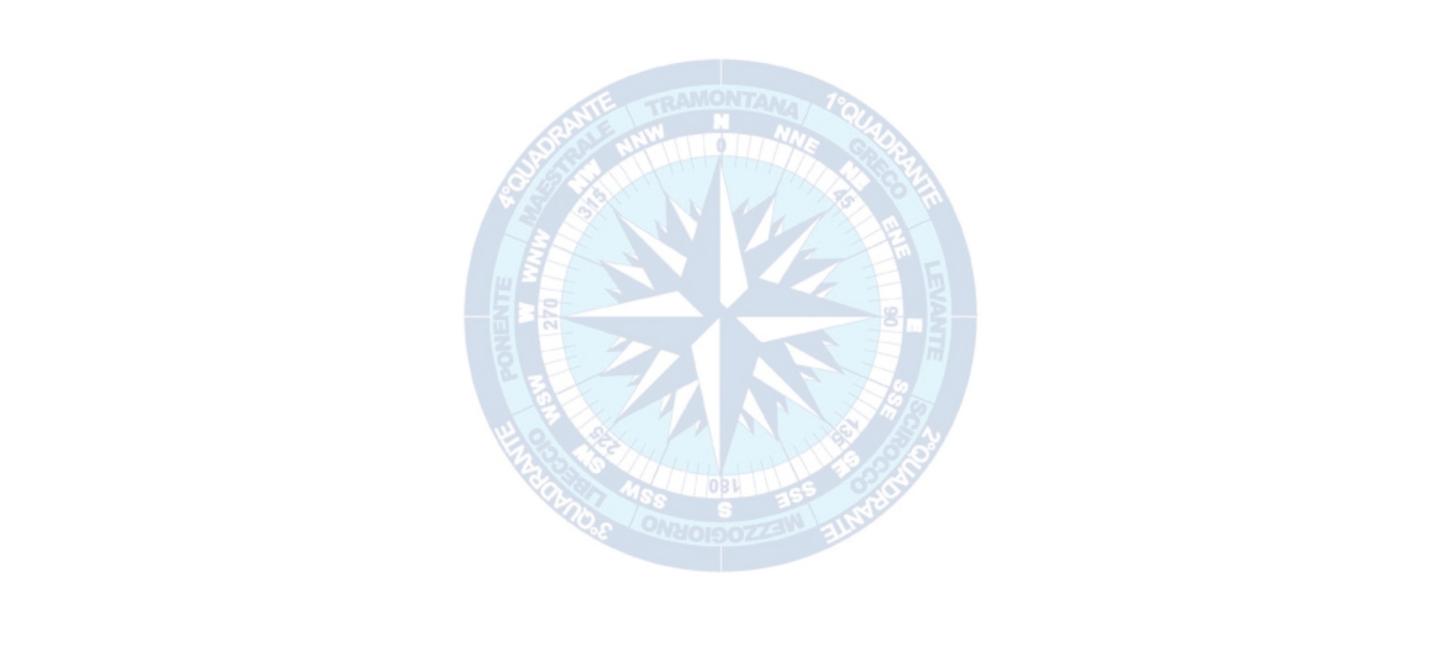
Informatica Giuridica, competenze fondamentali per la moderna Società Digitale
Stiamo effettuando operazioni di manutenzione sul mio sito.
Non ci vorrà molto tempo ed invito a ritornare di nuovo tra un po’.
Grazie per la vostra pazienza!

Stiamo effettuando operazioni di manutenzione sul mio sito.
Non ci vorrà molto tempo ed invito a ritornare di nuovo tra un po’.
Grazie per la vostra pazienza!
Create stunning coming soon pages for WordPress. Completely free.